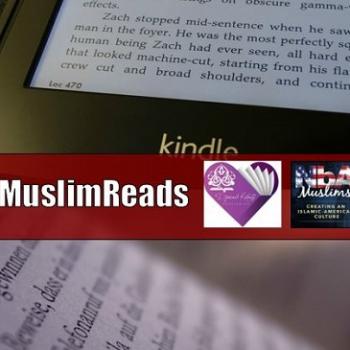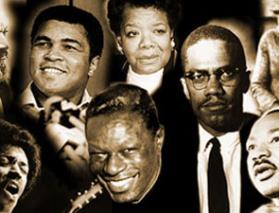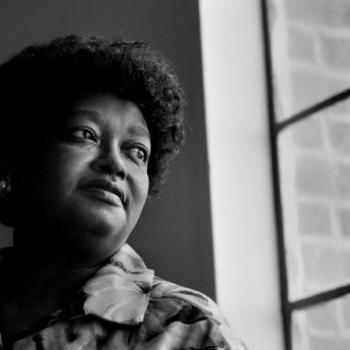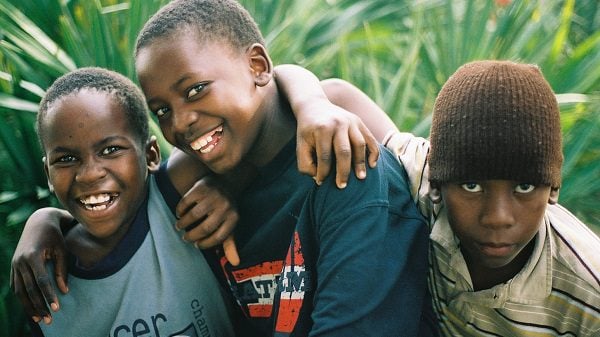
By Hanifah Lum
From a young age, I have been taught Black history during February in public school and Islamic history on Sundays at the local weekend Islamic school. For so long, I yearned to find a place where to two could co-exist in a coherent and succinct way.
In public school, we were taught about slavery, Abraham Lincoln, Jim Crow, the civil rights movement and Dr. Martin Luther King Jr. and Malcolm X. In weekend school, we were taught about the sahabah (companions of the Prophet Muhammad), the life of the Prophet (peace be upon him) and the mothers of the believers.
Only recently, however, have I realized that Black history and Islamic history have always been presented as something separate instead of one and the same. I wonder why is Black history and Islamic history taught as if they are mutually exclusive instead of in relation to each other?
To start, many of us are taught Black history that include faulty information or lack of information altogether. While February does provide a time in which we are informed of important black leaders such as W.E.B. DuBois, Rosa Parks and George Washington Carver, outside of that month, history class is virtually void of Black figures and any mention of African civilizations. Any mention of Islam in history class was about the Ottoman Empire and about the start of Islam with a brief section about the Prophet Muhammad’s life, leaving out any mention of Islam in Africa or Islam in Black America.
Sunday school only mentioned Bilal as the honorary Black ex-slave Muslim — he’s black but such a GOOD Muslim — kind of thing. So Bilal was the only Black sahaba? There were no other Black sahaba? Hmm, okay. As a Black Muslim woman, a lot of Black Muslim history for me has been to learn and seek knowledge on my own. Because growing up, I was not taught about these important facets of my background.
Seeking my history is important to me, because so often my narrative is erased and untold. I would have been a lot more empowered if I had known more about Black sahabiyat such as Sumayyah bint Khayyat, the first martyr for converting to Islam. Or, if I had learned about the Islamic civilizations in West Africa such as the Mali empire and that Malcolm X was not this aggressive, bad Muslim racist who was completely opposite of Dr. Martin Luther King, the “good Christian” Black civil rights leader.
Black history month for me is a process of unlearning some of the so-called truths I was taught in school and relearning what actual events took place without the slant of white supremacy and erasure of Islamic African civilization, as well as becoming empowered through my studies as a Black Muslim woman. Reading about these subjects, listening to lectures and engaging in conversations about blackness and Islam also helps me to feel empowered as someone who comes from a family that does not have a long lineage.
I do not know farther than four or five generations, and I wish that I could learn more about my ancestors. Family albums and stories of back in the day give me nostalgia for family members whose faces I have never seen. It is empowering to know that you actually existed, that your culture mattered and made a positive impact on the world.
I am not the only one who feels this way. I often engage in conversations with my fellow Black Muslim brothers and sisters, who wish they had learned more of their own history in school, who wish they could have seen themselves reflected in the stories of the companions of our beloved Prophet (peace be upon him). I am glad there are platforms like Muslim Anti-Racism Collaborative to support important conversations such as this during Black history month.
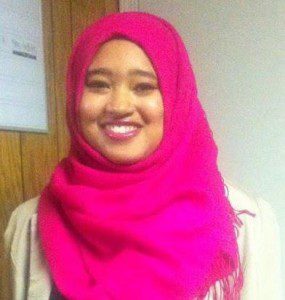
Sapelo Square is another important platform specifically geared towards amplifying the African American Muslim voice, which also provides resources on Black American history. Black history month is important. Not just for Black people but also for Muslims. Black history month for me means reflecting on not just myself, my identity, my experiences and my history but also the collective experience of Black people in this country and how our various cultural and religious identities and experiences intersect.
Oftentimes our identities as Black Muslims are often diminished in Islamic spaces for being too black and in Black spaces for being too Muslim. As Black Muslims, we are here and our experiences, our history and our identities do matter tremendously. We often feel we need to validate ourselves in spaces that are coded as strictly “Muslim” or “Black.”
But we do not need to straddle two spaces.
African American Muslims greatly helped to create what is known today as American Islam. (Hint: Islamophobia and anti-blackness are very intimately connected.) I am looking forward to more conversations exploring our identities as African American Muslims, as Black Americans and our experiences seeking validation in different spaces.
Hanifah Lum is an African American Muslim woman from Indianapolis, IN currently residing in Dearborn, Mi. Hanifah is also an AMEL 2016 fellow with Muslim ARC, which she believes will allow her to do anti-racism work. She is committed to creating social change within Muslim communities that will help to heal as well as inspire compassion.
Stay in touch! Like Altmuslim on Facebook:



